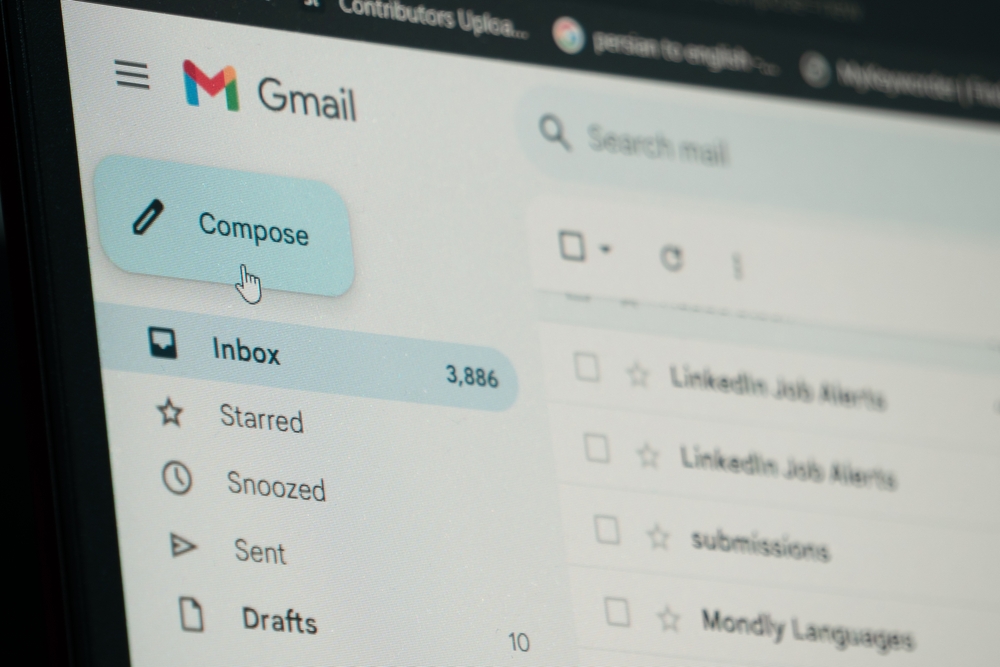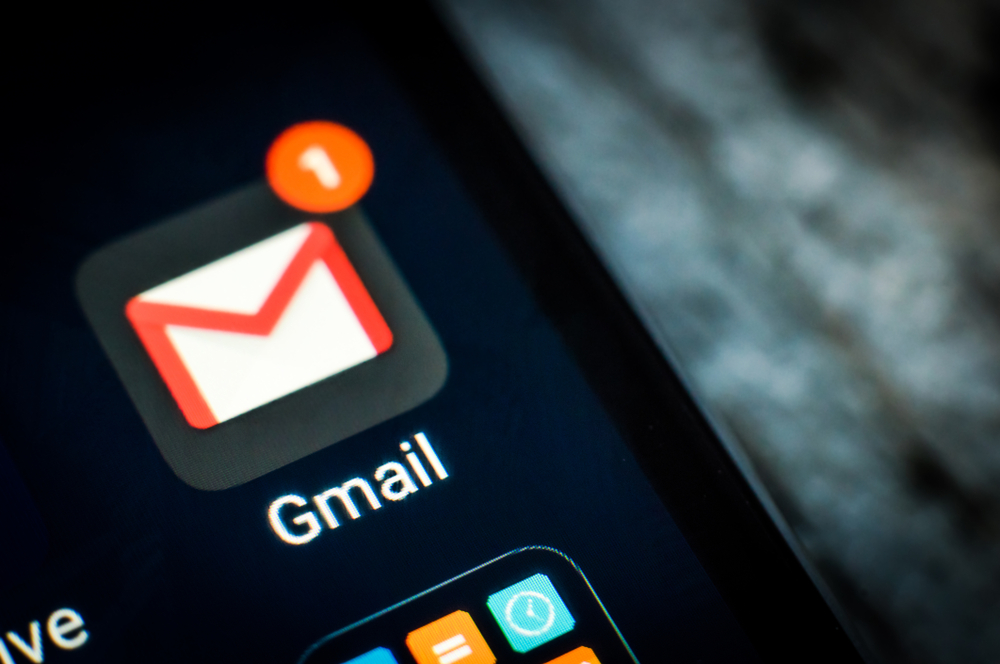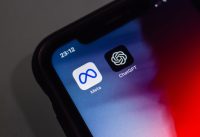Google’s Gmail Was Launched 20 Years Ago Today As Part of an April Fool’s ‘Prank’
The founders of Google, Larry Page and Sergey Brin, had a penchant for elaborate jokes, initiating a tradition of fantastical April Fool’s Day announcements shortly after their company’s inception over 25 years ago.

One memorable prank involved advertising for a research position at a Copernicus center on the moon, while another year, they teased the launch of a “scratch and sniff” capability for their search engine.
These grandiose hoaxes became a hallmark of Google’s playful culture, setting the stage for what would seem like their biggest joke yet. On April Fool’s Day 20 years ago, they introduced Gmail, offering an unprecedented 1 gigabyte of storage per user for free. At a time when top email providers like Yahoo and Microsoft offered storage that capped at a few dozen emails, Gmail’s capacity was groundbreaking, offering enough space to hold approximately 13,500 emails.
Gmail was more than just a leap in storage; it integrated Google’s superior search functionality, allowing users to sift through thousands of emails effortlessly. It also pioneered the practice of grouping all emails from a single thread into a seamless conversation, enhancing readability and organization.
Marissa Mayer, a key figure in Gmail’s development and later CEO of Yahoo, summarized the service’s innovation as the convergence of “storage, search, and speed.” The launch was so audacious that it left many questioning its authenticity, especially since it was announced on April Fool’s Day—a day synonymous with Google’s pranks.
Paul Buchheit, the engineer behind Gmail and Google’s 23rd employee, saw the humor in creating a service that seemed too good to be true. The project, dubbed “Caribou,” aimed to redefine the possibilities of web-based applications, taking inspiration from a “Dilbert” comic strip joke.

Despite the initial skepticism, including doubts from The Associated Press, which quickly dissipated after a personal demonstration by Page, Gmail was no joke. It marked the beginning of Google’s expansion beyond search, paving the way for Google Maps, Google Docs, YouTube, Chrome, and Android, further solidifying its internet dominion.
Gmail not only transformed email with its massive storage and efficiency but also introduced a model where digital storage became a commodity, challenging the prevailing ethos of data deletion due to storage limitations. This shift has since influenced the practices of both competitors and the broader market, with email services universally expanding their storage offerings.
While controversial, the strategy of scanning emails to tailor advertising underscored Google’s broader ambitions in digital ad targeting. Initially, Gmail’s reach was limited by Google’s server capacity, creating a unique demand for invitations to the service, which at one point fetched as high as $250 on eBay.
Google continued its April Fool’s tradition, including a 2007 joke about “Gmail Paper,” offering to print and mail users’ email archives on eco-friendly paper, maintaining its legacy of blending innovation with humor.



